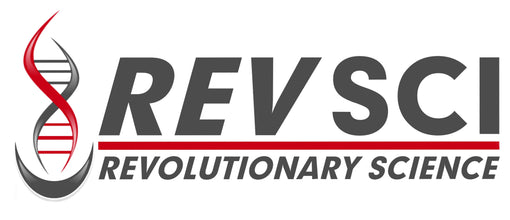The Function of Autoclaves in Food and Beverage Sterilization and Sanitation
Food safety is still a top priority for both consumers and industry experts. Sterilization is critical in providing the highest standards of food safety. This article goes into the complexities of food sterilization, the critical function of autoclaves, and how Consolidated Sterilizer Systems is carving out a position in the food and beverage industry.
Food Sterilization's Importance
Product Safety and Quality Assurance: We depend on rigorous sterilization processes to assure the safety of packaged drinks and foods every time we eat them. Sterilization prevents the growth of unwanted microorganisms that may otherwise deteriorate or render food unsuitable for ingestion.
Regulatory Compliance
In order to retain customer confidence and safety, industries must adhere to high sterilizing requirements. These guidelines protect firms from any legal difficulties while also ensuring smooth operations.
The Importance of Autoclaves
Autoclaves are crucial components of the sterilizing process.
Biological Contaminants Elimination
Autoclaves successfully eliminate bacteria, viruses, fungus, and spores, guaranteeing that food products are free of biological contaminants. Autoclaves increase the shelf life of many food goods by eradicating dangerous microorganisms, ensuring them stay fresh for prolonged periods of time.
Increasing Food Safety
Autoclaves work by raising the temperature to levels where bacteria cannot live, protecting customers' food.
Monitoring of the Environment in Food Testing Facilities
Environmental monitoring is critical for food and beverage safety and quality. Because the manufacturing environment is always changing, continual monitoring is required to maintain ideal conditions and avoid contamination.
Environmental Sponge/Swab Sterilization
In food testing facilities, environmental sponges or swabs are often employed to collect samples from diverse surfaces for microbiological investigation. These sponges/swabs must be disinfected after collection to guarantee that no external contaminants interfere with the test findings.
Autoclaves serve an important part in this process, ensuring that these instruments are free of microbial contamination and suitable for repeated use.
Importance of Environmental Monitoring
Regular monitoring may discover dangerous infections or pollutants early on, allowing for quick remedial action before the product reaches the user. Manufacturers can assure a consistent atmosphere and uniform product quality by monitoring the manufacturing environment. Environmental monitoring may also identify areas in the manufacturing process that can be adjusted, resulting in increased efficiency.
Environmental Monitoring Problems and Solutions
Changing Regulatory Landscape: Regulatory requirements are constantly changing to reflect new scientific information about infections. Businesses must keep current and change their monitoring tactics appropriately.
Technological Progress
Modern equipment and technology provide more accurate and quicker outcomes. Embracing these may result in improved monitoring results.
In order to monitor properly, personnel must be well taught. Staff are kept up to date on the newest insights and best practices via regular seminars and training sessions.
Sterilization and Sustainability
These solutions focus energy efficiency while stressing sustainability, resulting in considerable savings in both energy and water use.
Autoclaves from Revolutionary Science in the Food and Beverage Sector
Finally, the importance of effective sterilization in the food and beverage business cannot be overstated. Revolutionary Science provides a comprehensive solution that ensures dependability, adaptability, and compliance. As we go forward into a future when food safety requirements will only get stricter, having strong sterilizing processes will be critical.

